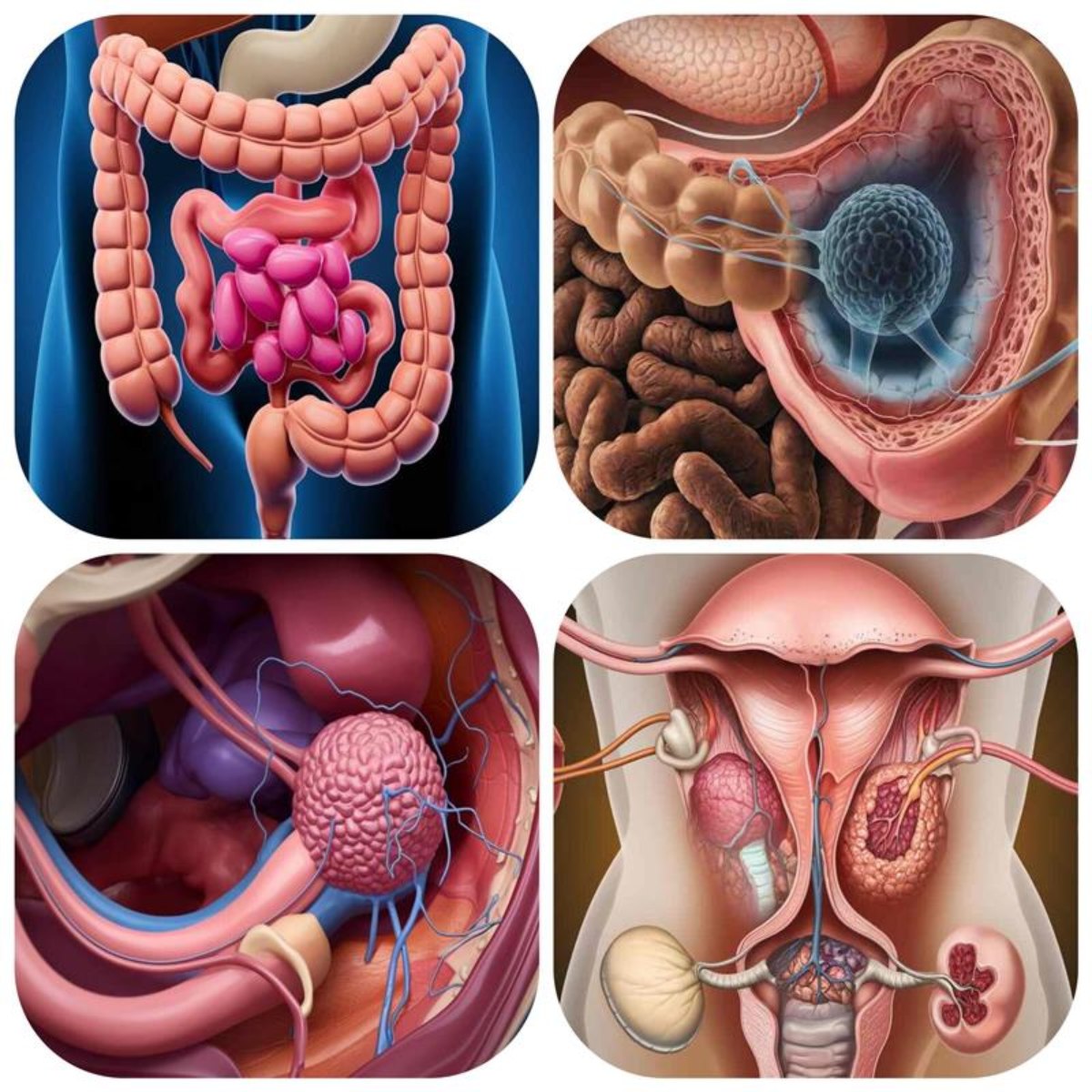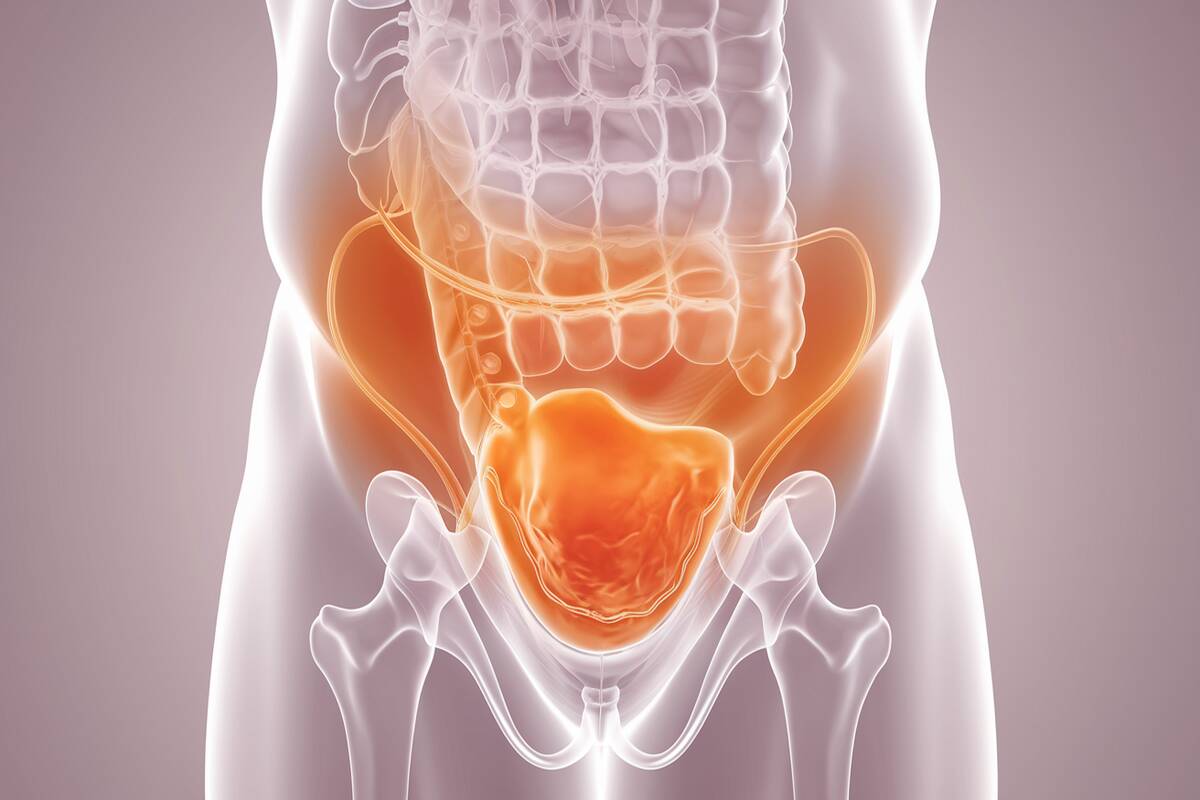Bowel leakage, medically known as fecal incontinence, occurs when someone loses control over their bowel movements and unintentionally passes stool. This condition can range from minor leakage to a complete inability to manage bowel functions. Although it is common among older adults, it can affect individuals at any age and often brings embarrassment, anxiety, and social withdrawal.
For many people, one alarming question arises: Is bowel leakage a sign of cancer?
The short answer is that bowel leakage is not always a sign of cancer, but it can sometimes be linked to cancers affecting the digestive or pelvic regions. Since early detection significantly improves survival rates in cancer patients, understanding the warning signs, possible causes, and treatment options is crucial.
This article ( Is bowel leakage a sign of cancer ) will explore everything you need to know about bowel leakage, its connection to cancer, and when to seek professional help.
What is Bowel Leakage?
Bowel leakage is the involuntary loss of stool, which can vary in severity. Some people may experience minor stains on underwear after a bowel movement, while others may face complete loss of control.
Common Causes of Bowel Leakage
- Weak pelvic floor muscles due to aging, childbirth, or chronic straining
- Nerve damage caused by diabetes, spinal injuries, or multiple sclerosis.
- Chronic diarrhea or constipation that strains the rectal muscles
- Surgical side effects, especially from pelvic or colorectal procedures
- Lifestyle factors such as low-fiber diets, lack of exercise, or dehydration
While these are common causes, people often ask: Is bowel leakage a sign of cancer? In some cases, yes—especially if symptoms appear alongside other red flags.
Is Bowel Leakage a Sign of Cancer?
Bowel leakage is not automatically a sign of cancer, but it can be a warning symptom in certain situations. Cancers affecting the colon, rectum, or anus may interfere with the nerves, muscles, or passageways that regulate bowel control.
If you’re wondering, “ Is bowel leakage a sign of cancer?”—the truth is: it depends on the context, other symptoms, and medical history. That’s why it’s vital to consult a healthcare professional for an accurate diagnosis.
How Cancer Can Cause Bowel Leakage
Cancer can cause bowel leakage when tumors block or press against the rectum, anus, or nerves, disrupting standard control of bowel movements. Additionally, cancer treatments like surgery or radiation may weaken muscles or damage tissues, leading to incontinence.
1. Tumor Growth and Pressure
- Tumors in the colon, rectum, or anus may press against bowel muscles or nerves.
- This pressure disrupts normal function, leading to leakage.
2. Surgical Side Effects
- Surgeries for colorectal or pelvic cancers sometimes affect bowel control.
- Removal of tissues or nerve damage may result in long-term incontinence.
3. Radiation Therapy
- Radiation for cancers in the pelvic area can cause irritation or scarring of tissues.
- Patients may experience bowel leakage as a side effect of treatment.
4. Intestinal Obstruction
- Large tumors can block the normal flow of stool.
- This obstruction causes pressure that forces stool to be expelled involuntarily.
Signs That Bowel Leakage May Be Cancer-Related
Not all bowel leakage indicates cancer. However, if it occurs alongside these symptoms, it deserves urgent evaluation:
- Unexplained weight loss without lifestyle changes
- Persistent abdominal pain or cramping
- Blood in stool (bright red or dark, tarry appearance)
- Changes in bowel habits, such as alternating constipation and diarrhea
- Fatigue and weakness are caused by internal bleeding or malnutrition.
These warning signs help answer the question: Is bowel leakage a sign of cancer? If paired with these red flags, the possibility becomes higher.
Cancers Commonly Associated With Bowel Leakage

Cancers commonly associated with bowel leakage include colorectal, rectal, and anal cancers, as these directly affect the digestive tract and bowel control. In some cases, gynecological cancers such as cervical or ovarian cancer can also contribute to leakage by spreading to nearby tissues and nerves.
| Cancer Type | How It Causes Leakage |
|---|---|
| Colorectal Cancer | Tumors in colon/rectum disrupt bowel control |
| Rectal Cancer | Damages rectal nerves and sphincter muscles |
| Anal Cancer | Affects anal sphincter, leading to leakage |
| Gynecological Cancers | Pressure on rectum causes bowel dysfunction |
Colorectal Cancer
- One of the leading cancers associated with bowel leakage.
- Tumors in the colon or rectum can restrict the passage of stool and affect muscle control.
- Symptoms often include blood in stool, changes in bowel habits, and abdominal pain.
Rectal Cancer
- Affects the rectum, where stool is stored before elimination.
- Tumors may damage nerves and muscles directly responsible for continence.
Anal Cancer
- Involves the anal sphincter, a critical muscle for controlling bowel movements.
- Even small tumors can cause leakage.
Gynecological Cancers
- Ovarian and cervical cancers can press against the rectum.
- Women may experience leakage due to pelvic pressure and nerve disruption.
Diagnosing Bowel Leakage
If you’re experiencing bowel leakage and are worried, Is bowel leakage a sign of cancer?—The first step is a medical evaluation.
Diagnostic Tests May Include:
- Colonoscopy – Examines the colon and rectum for tumors or abnormalities.
- CT or MRI scans – Identify structural issues or masses
- Anorectal manometry – Tests the strength of anal sphincter muscles..
- Stool tests – Detects hidden blood or infections
These tests help doctors determine whether leakage is associated with cancer or another condition.
Treatment Options for Bowel Leakage
The treatment depends on whether bowel leakage is cancer-related or caused by another factor.
Non-Surgical Treatments
- Dietary changes: High-fiber foods regulate stool consistency.
- Medications: Anti-diarrheal drugs or stool-bulking agents.
- Pelvic floor therapy helps strengthen the muscles for improved control and function.
- Biofeedback training teaches individuals to be aware of and control their bowel muscles.
Surgical Options
- Sphincter repair surgery for muscle damage
- Resection surgery to remove tumors or affected tissues
- Colostomy in severe cancer cases where standard bowel control cannot be restored
Managing Bowel Leakage During Cancer Treatment
Cancer treatment can worsen bowel leakage. Patients can manage symptoms by:
- Following dietary guidelines to avoid diarrhea or constipation
- Using protective pads or adult diapers for confidence in daily life
- Maintaining hydration to prevent bowel strain
- Seeking counseling or support groups to cope with emotional stress
Prevention: Can Bowel Leakage Be Avoided?
While not all cases are preventable, adopting healthy lifestyle choices can reduce the risk.
- Routine check-ups: Early detection of cancer and digestive issues
- Healthy eating: Fiber-rich diet for smooth digestion
- Regular exercise: Strengthens pelvic and abdominal muscles
- Hydration: Keeps stool soft and reduces constipation risk
- Avoid smoking & alcohol: Both increase colorectal cancer risk.
When to Seek Medical Help
You should see a doctor if:
- Bowel leakage persists for more than a few weeks
- You notice blood in stool or black, tarry stools.
- You lose weight without trying.
- Abdominal pain worsens or becomes constant.
Remember: Is bowel leakage a sign of cancer? Not always, but delaying medical attention can lead to late diagnoses of severe conditions.
Conclusion
Bowel leakage is an uncomfortable and often distressing condition. While it is not always caused by cancer, it can sometimes indicate serious health issues such as colorectal, rectal, anal, or gynecological cancers.
The key takeaway is this: “ Is bowel leakage a sign of cancer?”—the answer depends on associated symptoms and medical evaluation. Early diagnosis saves lives. If you experience bowel leakage with other red flags, seek medical help immediately.
Don’t ignore the signs—your body may be warning you of something important.
Frequently Asked Questions(FAQs)
Is bowel leakage a sign of cancer?
Yes, in some cases. While not always cancer-related, bowel leakage can be an early sign of colorectal, anal, or rectal cancer.
What is the most common non-cancer cause of bowel leakage?
Chronic constipation, diarrhea, and weak anal muscles are the most common non-cancer causes.
Can bowel leakage go away on its own?
Mild cases may improve with diet and lifestyle changes, but persistent leakage requires medical evaluation.
What cancers most often cause bowel leakage?
Colorectal, rectal, anal, and some gynecological cancers.
How do doctors diagnose the cause of bowel leakage?
Through colonoscopy, imaging, anal manometry, and physical examination.
When should I see a doctor about bowel leakage?
If it’s ongoing or accompanied by blood in the stool, weight loss, or abdominal pain.








